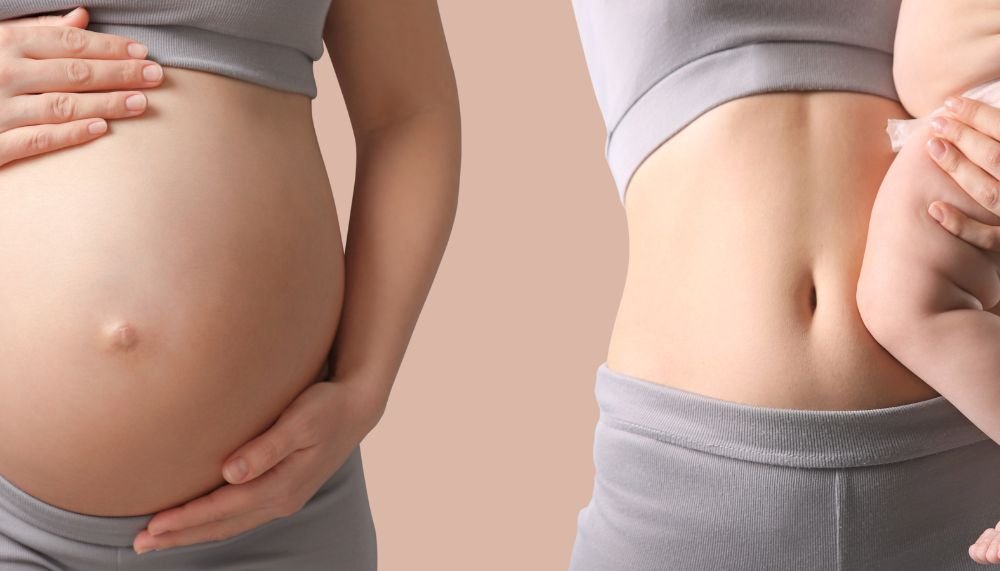
Postpartum recovery is a critical phase that follows childbirth, marking a period of healing and adjustment for the new mother. This phase can last for weeks or even months, as the body returns to its pre-pregnancy state. The importance of postpartum recovery cannot be overstated, as it encompasses physical, emotional, and mental health aspects, all of which are crucial for the well-being of both the mother and the newborn. In this article, we delve into why postpartum recovery is so important, highlighting its impact on health, family dynamics, and overall quality of life.
Physical Health and Healing
Physical Recovery
Childbirth is a strenuous process that can lead to various physical challenges, such as fatigue, soreness, and changes in bodily functions. The postpartum period allows the body to heal from childbirth-related injuries or surgeries (like cesarean sections), and tissues to repair and return to their pre-pregnancy state.
Preventing Complications
Adequate rest and proper care during the postpartum period can prevent complications such as infections, excessive bleeding, and postpartum depression. It’s also a time to address any childbirth-related conditions, such as diastasis recti (separation of the abdominal muscles) or pelvic floor disorders.
Emotional and Mental Well-being
Adjustment to Motherhood
The postpartum period is not only about physical recovery; it’s also when many women adjust to their new role as mothers. This adjustment period is crucial for bonding with the baby, establishing breastfeeding, and adapting to a new family dynamic.
Mental Health Support
Postpartum recovery also focuses on the mother’s mental health, offering support for conditions such as postpartum depression and anxiety. Recognizing and treating these conditions early is vital for the health and well-being of both the mother and the child.
Family Dynamics and Support
Bonding Time
The weeks following childbirth are a critical period for bonding between the parents and the newborn. A focus on recovery allows for uninterrupted time to establish these essential connections, which can benefit the child’s emotional and psychological development.
Partner Support and Involvement
The postpartum period can also strengthen the partnership and family bonds. It offers partners an opportunity to be involved in care and support roles, reinforcing the family unit’s cohesion.
Quality of Life
Energy and Productivity
Adequate recovery ensures that the new mother regains her strength and energy, which is essential for taking care of the newborn and herself. This can lead to improved productivity and a better quality of life for the entire family.
Long-term Health
The attention given to postpartum recovery can have long-term health benefits, reducing the risk of chronic conditions related to pregnancy and childbirth complications, such as incontinence and pelvic organ prolapse.
Conclusion
Postpartum recovery is a pivotal period that lays the foundation for a mother’s long-term health and well-being. By prioritizing recovery, new mothers can ensure that they are physically, emotionally, and mentally prepared to face the challenges and joys of motherhood. Additionally, a focus on postpartum recovery can foster stronger family bonds and improve the overall quality of life for the new family. As such, it is essential for healthcare providers, family members, and society to support new mothers through this critical time, recognizing the importance of postpartum recovery for the health and happiness of both the mother and her child.


